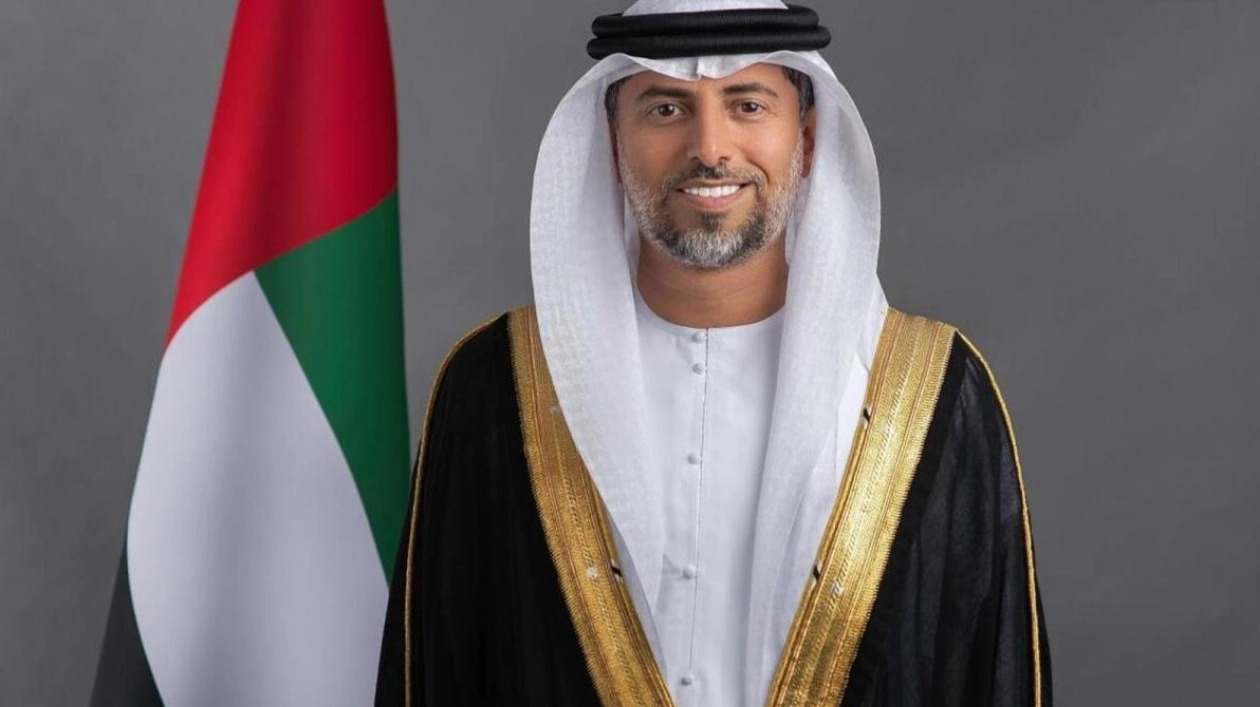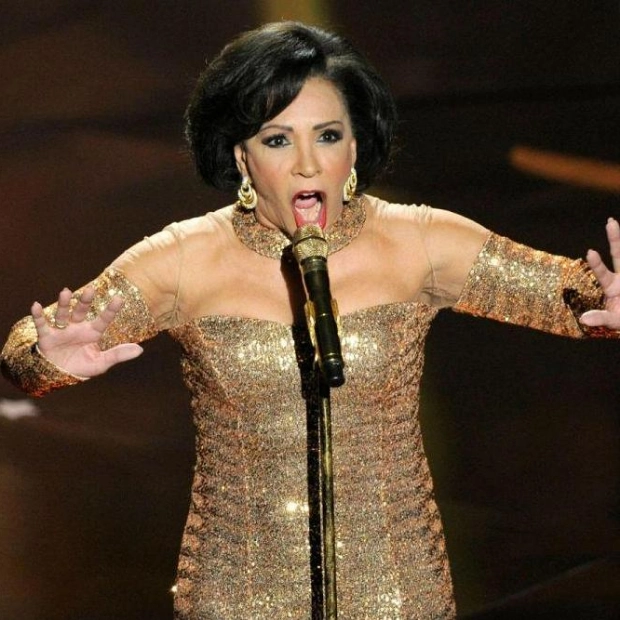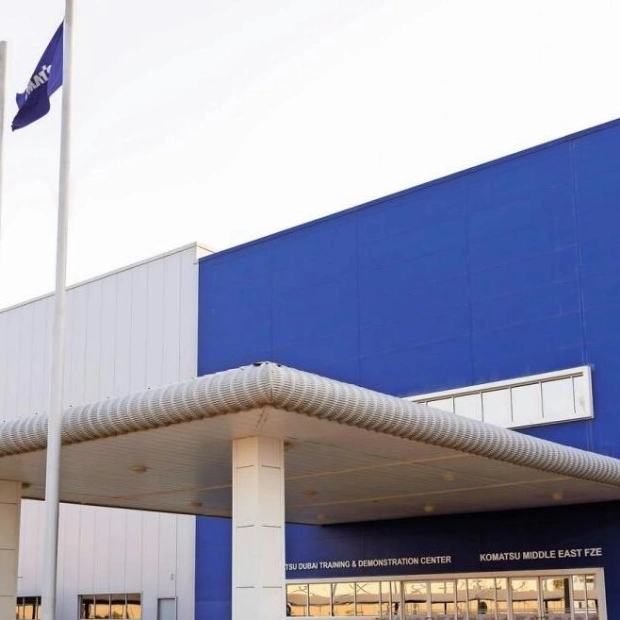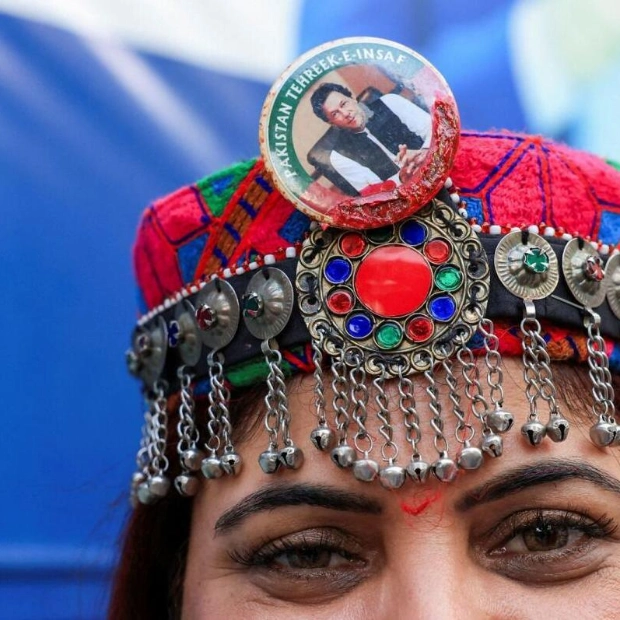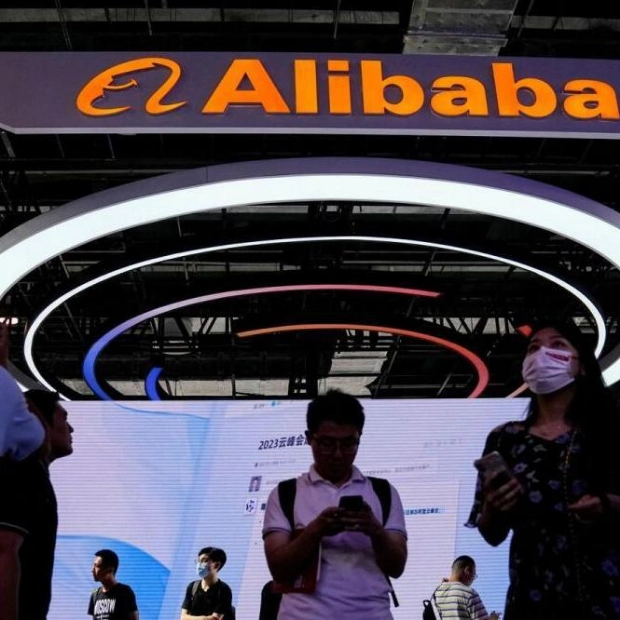Suhail bin Mohammed Al Mazrouei, Minister of Energy and Infrastructure, highlighted that the UAE has achieved substantial advancements in boosting the share of clean energy production within its overall energy mix, reaching 27.83 percent in 2023, in line with the target of 32 percent by 2030. “From 2019 to 2022, the UAE successfully doubled its renewable energy capacity as part of the UAE Energy Strategy, aiming to triple the installed capacity by 2030, in alignment with our commitment to meet the energy transition targets under the UAE Consensus at COP28,” Al Mazrouei stated.
He further added: “In 2023, the UAE witnessed a remarkable 70 percent growth in installed renewable energy capacity, which now stands at 6.1 GW, and made significant strides in renewable energy competitiveness indicators, including: A significant leap from sixth to second place in the per capita energy consumption from renewable sources indicator in the latest Statistical Review of World Energy by the Energy Institute.”
Al Mazrouei emphasized the UAE’s dedication to attracting investment in clean and renewable energy: “The total value of our completed new and renewable energy projects is estimated at over AED45 billion. This figure does not include the value of the latest projects that are now operational.” He detailed the progress of the UAE Energy Strategy 2050, mentioning several key renewable and clean energy projects in progress and planned. These include the 1.8 GW Phase VI of the Mohammed bin Rashid Al Maktoum Solar Park, the innovative second phase of Dubai’s waste-to-energy project, and two major photovoltaic projects: the 1.5 GW Al Ajban and the 1.5 GW Al Khazna, both in Abu Dhabi. Additionally, the hydroelectric power plant in Hatta, Sharjah and the recently commissioned fourth reactor at the Barakah plant are set to make substantial contributions.
Suhail Al Mazrouei noted that the World Utilities Conference 2024, commencing tomorrow in Abu Dhabi, is a pivotal event for exchanging expertise and insights with global utility experts. The conference will showcase advanced technologies and innovative solutions to address sustainability and water security challenges, enhancing both national and international efforts towards sustainable development and reinforcing the UAE’s significant role in shaping the future of energy and water.
He pointed out that Adnoc’s carbon management projects are crucial to the UAE’s climate strategy. ADNOC is leading in adopting carbon capture and storage technologies, aiming for climate neutrality by 2045. As part of this commitment, Adnoc plans to double its carbon capture capacity to 10 million tonnes annually by 2030.
He highlighted that the UAE has secured the top position in green hydrogen production competitiveness according to the Green Hydrogen Report 2024 by Alvarez & Marsal. Additionally, it ranks first in hydrogen market readiness in the Middle East and North Africa, as recognized in the World Economic Forum’s Enabling Measures Roadmap for Low-Carbon Hydrogen 2023.
Suhail Al Mazrouei stated that the Federal Energy Management Regulation in Industrial Facilities aims to reduce energy demand in the industrial sector by 33 percent by 2050. It will also improve air quality by 32 percent through a reduction of carbon emissions by 63 million tonnes and is expected to save Dh14 billion by 2050.
He mentioned that in April 2023, the UAE Cabinet approved a policy to regulate the energy services market. This policy aims to streamline interactions between energy service companies, government entities, and the private sector with clear guidelines for energy efficiency projects.
In April 2023, the Cabinet approved a policy to regulate the UAE’s energy services market, enhancing collaboration between energy services firms, government entities, and the private sector. This policy outlines operational and financing mechanisms for various partnerships aimed at improving energy efficiency. “The policy encourages private sector investment in government energy and water conservation projects, aiding in energy and water reduction goals, minimizing carbon footprints, and lowering building operational costs. It supports cities lacking regulatory frameworks, aligning their goals with the national energy and water management programme,” he said.
“The policy aims to develop the UAE’s energy services market through public-private partnerships, promoting investment in energy efficiency and renewable projects, supporting the National Energy and Water Demand Side Management Programme 2050, and fostering sustainable economic development.” He added, “The Ministry’s new policy aims to cut energy and water use in federal buildings by 25 percent and operational costs by 20 percent. Backed by Dh500 million from private sector and energy service companies, it covers 422 government buildings.”
